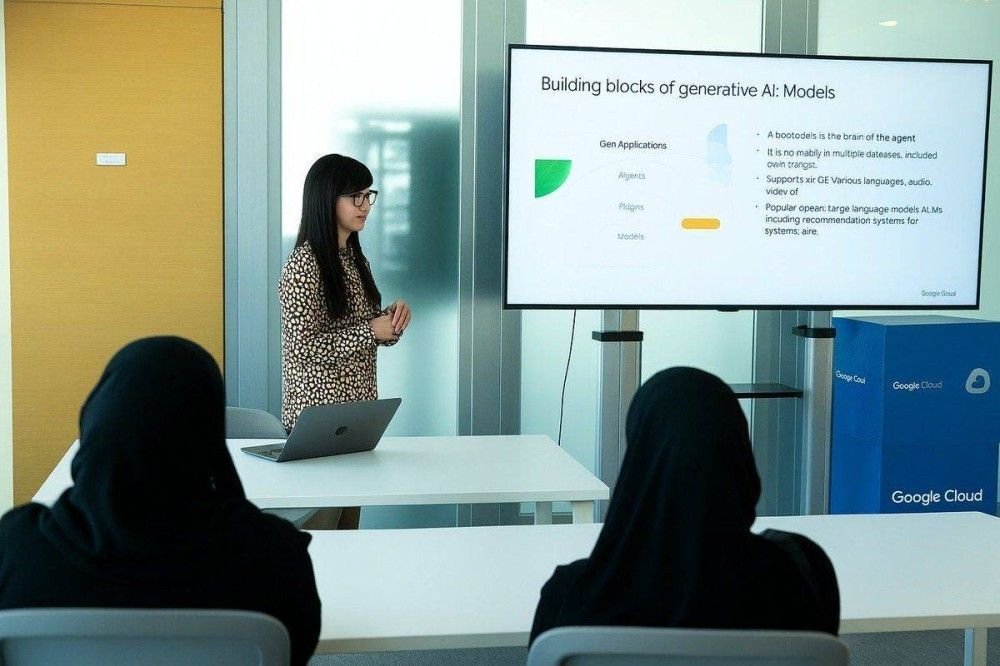Bahrain’s Information & eGovernment Authority (iGA) has signed an agreement with Thales, a global technology leader, to comprehensively revamp the kingdom’s ID card system. This initiative follows directives from General Shaikh Rashid bin Abdullah Al Khalifa, the Minister of Interior and Chairman of the Ministerial Committee for Information and Communication Technology (MCICT).
The agreement was signed by iGA Chief Executive Officer Mohammed Ali Al Qaed and Thales Vice President and Head of Identity & Biometric Solutions Domain (Middle East and Saudi Arabia) Yousaf Ghous, in the presence of iGA directors and senior officials.
Al Qaed emphasized that the agreement reflects iGA’s commitment to developing Bahrain’s digital infrastructure and partnering with international tech leaders to support the kingdom’s development. The agreement follows an extensive study by the Authority on ID card system renewal procedures aimed at providing more efficient services.
The study highlighted the necessity of adopting modern and sustainable technology to offer cost-reduction benefits, including reduced printing system support and maintenance expenses, securing medium and long-term savings.
The agreement will lead to comprehensive changes to ID card printing systems, improving the design and quality of ID cards and enhancing premium features such as biometric and security aspects. The upgraded ID card system will align with the latest technologies and meet global standards for digital transformation.
Ghous stated that the iGA partnership aligns with Thales’s mission to develop advanced solutions and products for public and private entities, enhancing their service quality. He added that the ID card system revamp is one of many digital initiatives the iGA anticipates this year to improve customer satisfaction among citizens, residents, business owners, and organizations.
This project underscores Thales’s commitment to a safer and more sustainable world with secure identities for all, supporting Bahrain’s 2030 Economic Vision to transition towards a more digitally driven, knowledge-based economy.















